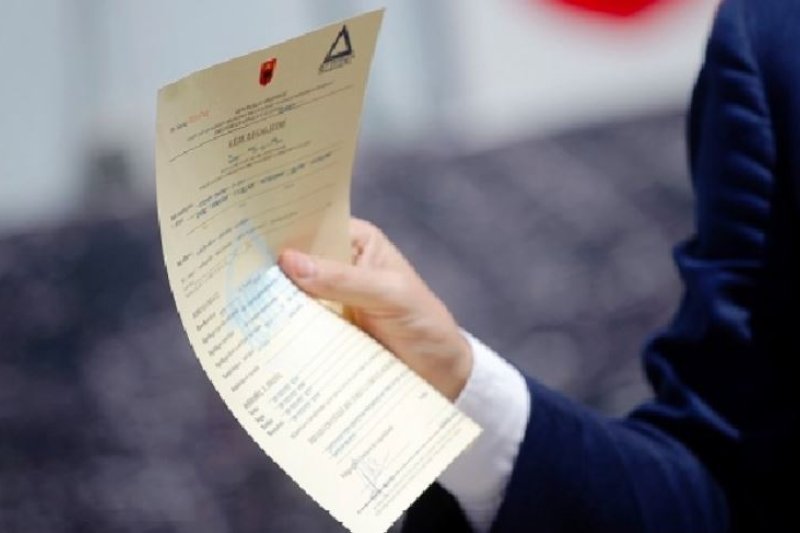New Fiscal Strategy; Hike of Real Estate Tax
The government is expected to increase the taxes on real estate in the next three years according to the new fiscal strategy 2024-2027.
Currently, real estate tax in Albania contributes 0.3% of gross domestic product (GDP), while the average income generated by property tax in other countries of the region is around 0.8% of GDP. For this purpose, the Tax Cadastre is being prepared and the implementation of taxation based on the market value for buildings starting from 2026, as well as the implementation of taxation based on the market value for plots will start from 2028.
In 2018, changes were approved in the real estate and building taxation scheme, moving from a fixed quota tax per m2 to a tax with a percentage on the value of the real estate building.
This reform was accompanied by the creation of the Tax Cadastre and the Real Estate Registry where real estate, owners, location, property value, and other data are recorded.
The adoption of the law was accompanied by the establishment of some exemptions from the payment of the tax. The new fiscal strategy argues that, from preliminary assessments, it is observed that some exceptions should be eliminated, and there is room to increase the property tax rate.
To increase property taxes, a new law "On property tax" will be drawn up. This law will be drafted with the assistance of the Swedish International Development Agency (SIDA) and will be in the process of public consultation.
"There will be reviews of real estate tax exemptions. Since real estate tax revenue is the main source of local government revenue, it is necessary that exemptions are kept to a minimum, and in the meantime, tax breaks for vulnerable groups should be provided through other mechanisms and forms," the draft states.
The Medium-Term Revenue Strategy (SAA) 2024-2027 presents the reforms that will be undertaken in tax policies, good tax, and customs administration, which together are expected to increase tax revenues by 2.5% of the Gross General Product (GDP) for the four years.
The overall goal is to mobilize revenue through sustainable fiscal policies and tax and customs administrative reforms, simplifying procedures, reconciliation costs, and the fight against tax avoidance and evasion, to create fiscal space for more investments and sustainable development.
The main tax and administrative reforms provided for in the SAA, have been drafted with the technical assistance of the International Monetary Fund, and are based on the directives of the European Union in the field of taxes, duties, and customs.
Furthermore, in the next two years, the government plans to revise the salary tax scheme by increasing the tax-free threshold and revising the rates of progressivity.
The government argues that Albania collects in the budget from direct taxes on business and individual incomes, about 40-50% less than the countries of the European Union. This difference is mainly related to 3 factors: The generally low tax rates applied by Albania compared to EU countries; Exemptions from income tax for businesses and individuals; and Non-reporting/under-reporting of income and profits by businesses and individuals.
Likewise, the strategy foresees that unlimited cash payments will no longer exist within the year 2026.













